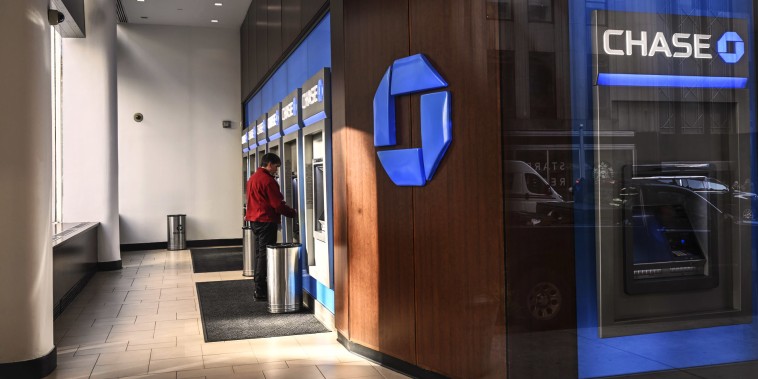Banks and financial institutions are the backbone of any economy. While regulations are needed to ensure a safe and secure banking system, Wall Street CEOs are sounding alarm bells over proposed banking rules they say will hurt small businesses and low-income Americans.
Recently, Federal banking regulators released proposed rules for Community Reinvestment Act (CRA) reforms, the most drastic changes in 25 years. The CRA requires banks to meet the credit needs of all of their local communities, including low-income Americans. The proposed rules are designed to modernize and expand the CRA to create equitable access to banking services, but Wall Street CEOs are hesitant, saying they will be too costly and burdensome.
In a joint statement from the Chamber of Commerce, the American Bankers Association, and the Financial Services Roundtable, Wall Street CEOs expressed “profound concern” for the proposed rules. They argued that the rules will leave the banks unable to support small businesses, particularly in rural and underserved areas, as well those in “already-stressed minority and low-income communities.”
The CEOs point to the fact that banks are already heavily burdened by a slew of new regulations imposed since the economic downturn of 2008. According to the American Bankers Association, the new regulations have failed to foster economic growth, with the number of community banks declining by over 40% since 2008. They argue that the new rules will only further the contraction of smaller banking institutions, leading to fewer banking services for small businesses and minority populations.
Wall Street CEOs are calling for regulators to re-think the proposed rules at have urged Congress to pass the Financial CHOICE Act, which limits federal regulatory authority.
Despite all of the protest from the financial industry, the future of banking is uncertain. One thing is certain, however, the proposed rules are sure to have a profound effect on the country’s banking system, the implications of which are yet to be fully understood. Whether they bring more banking access and security for low-income Americans remain to be seen.
































